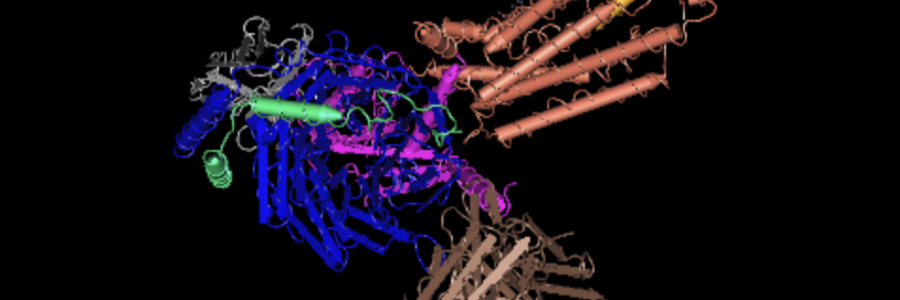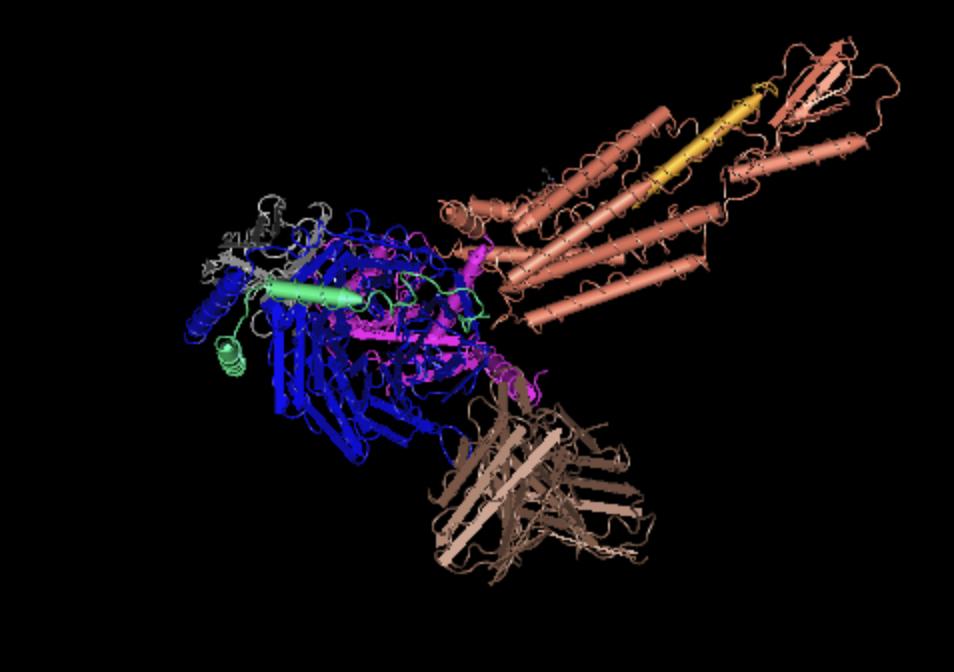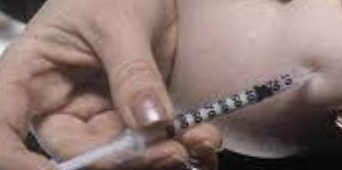
Magic weight loss pill on trial


More than 2, 500 people suffering from obesity in nine countries, who weighed 105 kilograms on average at baseline, have lost 24 kilograms on average when they are treated with the highest dose of a new hunger-blocking drug in a large clinical trial according to results announced on 28 April by US Pharmaceutical giant Lilly which is developing the drug, Lilly says it will continue to monitor participants who began the clinical trial with pre-diabetes for another 104 weeks to see if tirzepatide is also useful for preventing type 2 diabetes. The participants were asked to give themselves weekly injections of tirzepatide at low, medium, or high doses or a placebo for 72 weeks, without knowing which one they are taking. The clinical trial reveals the high dose of tirzepatide was most effective equivalent to a 22.5 per cent reduction in body weight, in comparison the placebo users lost only 2kilograms on average.
Michael Cowley from the Monash University in Melbourne, Australia, who was not involved in the research of the hunger-blocking drug said “It’s truly exciting, the weight loss they’re showing is dramatic – it’s as much you get with a successful bariatric surgery.
Hormones GLP-1 and GIP that our guts naturally release after we eat to make us feel full, which the drug called Tirzepatide is designed to mimic. Tirzepatide can trigger side effects like nausea, vomiting, diarrhea, and constipation.
Lilly says before applying for the drug Lilly says it will continue to monitor participants who began
In June 2021 the US Food and Drug Administration approved another obesity drug called semaglutide which contains a GLP-1 mimic on its own without the addition of GIP.
